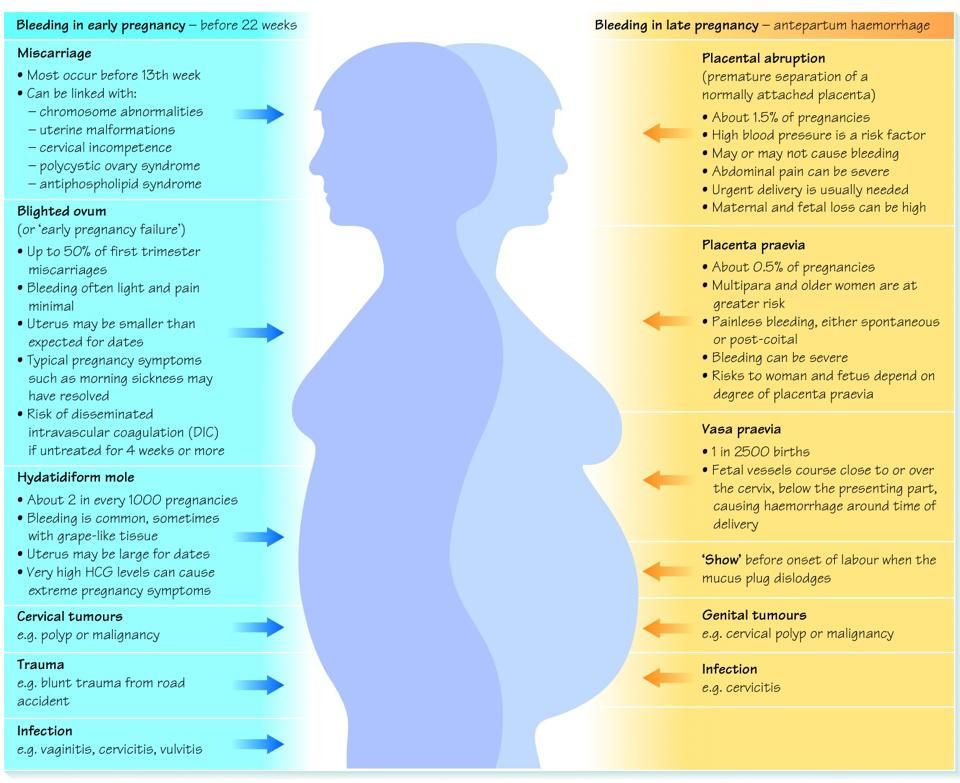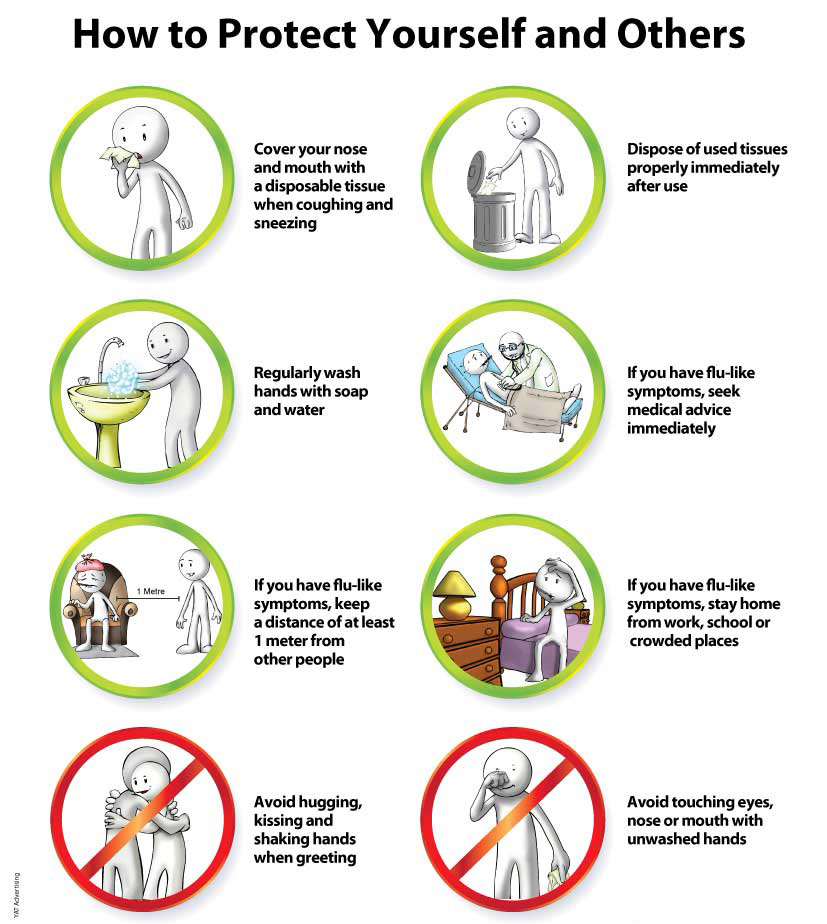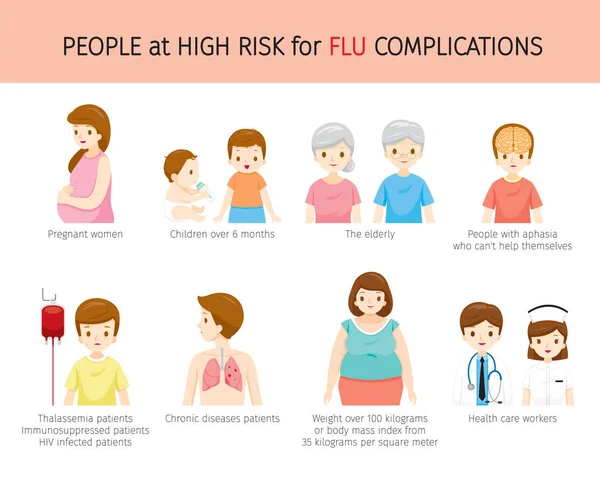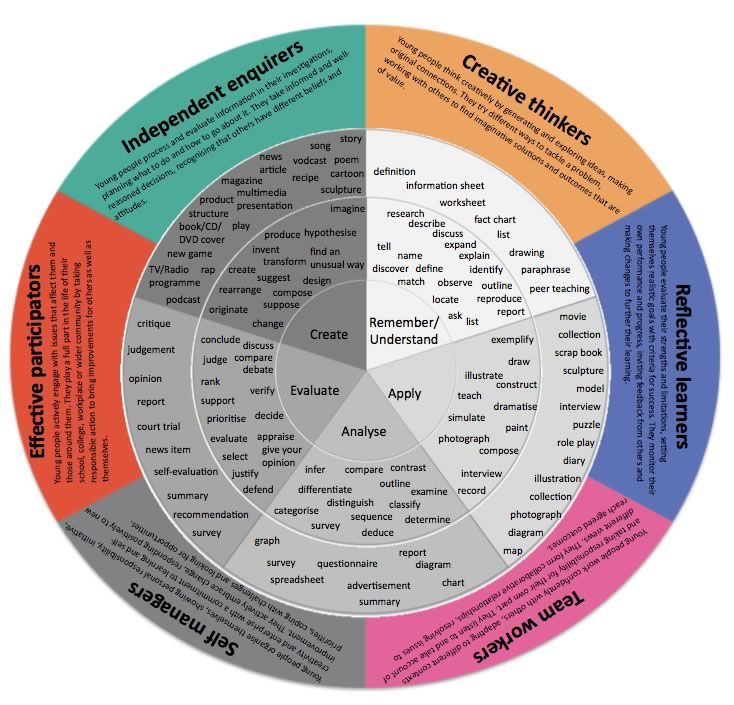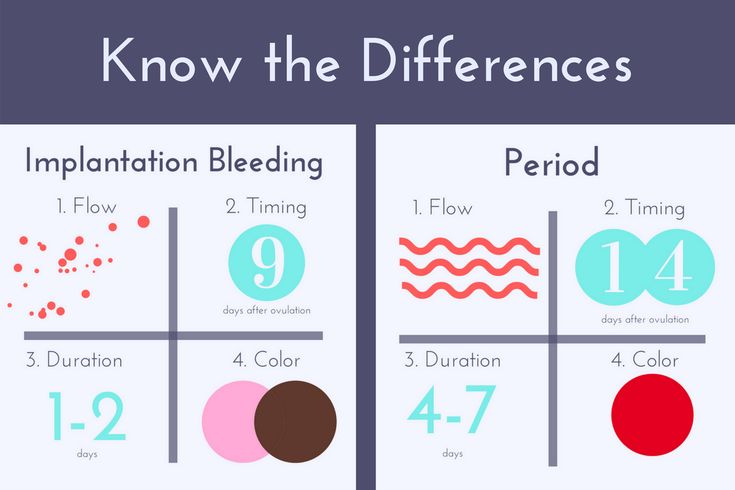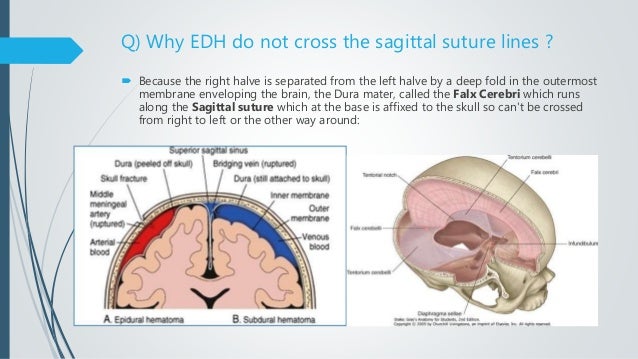Eye infections pregnancy
Should you be worried about your eyesight during pregnancy?
Pregnancy involves a lot of physical and emotional changes. A lot of these changes take place due to the hormonal changes taking place in the body. If you are planning to get pregnant, you should know a little more about these changes. Some of them are very common, like mood swings, back pain, morning sickness, etc.
In addition to all the obvious ones, some changes may come as surprising as they are not as common or discussed frequently. Changes in eyesight during pregnancy is one of them. So now comes the question, can your eyesight change during pregnancy? Well, it has been found that hormonal changes in pregnancy can affect your vision. However, these are usually temporary and get back to normal after the baby is born.
This article will focus on the changes in eyesight during pregnancy to give you a detailed look at the causes and effects of these vision changes.
What are the Vision Changes in Pregnancy and What Cause them?
Hormonal changes lead to eyesight changes in pregnancy. There are a number of eye problems during pregnancy that you might experience.
1. Blurred vision-
Blurred vision is one of the most common changes in eyesight during pregnancy.
There are several reasons that can contribute to blurry eyesight during pregnancy. Some of them are dry eyes, sensitive eyes and reduced field of vision. Dry eyes are caused due to reduced tear production, which is a result of hormonal changes in pregnancy.
These hormonal changes lead to fluid retention in the eyes that affects the curvature of the eyes and thickness of the cornea that makes your eyes sensitive and affects the eyesight during pregnancy.
Eyesight during pregnancy becomes weak in cases where there is a reduction in the field of vision. The reason for this is not exactly known, but most studies suggest that it is a result of hormonal changes during pregnancy.
These changes in eyesight during pregnancy are usually temporary and are resolved once the baby is born.
2. Scratchy or Twitching eyes-
A scratchy or twitching eye is another commonly seen change in eyesight during pregnancy which is also associated with the causes of blurred vision.
When there is excess retention of fluid in the eyes, leading to increased sensitivity, it causes irritation in your eyes. This may also lead to irritation of nerve endings that supply the eyes, causing eye twitching during pregnancy.
3. Infection to the eyes-
Eye infections during pregnancy are more common than one might think.
These infections cause discomfort and irritation to your eyes, affecting your eyesight during pregnancy. Conjunctivitis and puffiness are common infections. The hormonal changes during pregnancy and the augmented blood flow makes pregnant women more prone to such infections. These infections usually go away on their own, but they may temporarily affect your eyesight.
Eye floaters-
Eye floaters are small black spots or rings that form in your field of vision.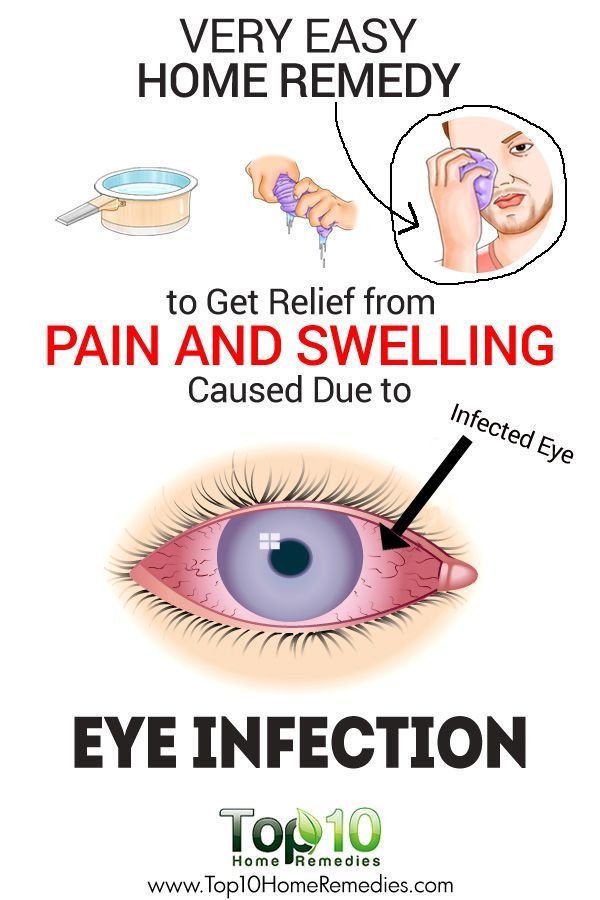 These develop in the vitreous in the back of your eye. This vitreous is gel-like, and as we age, it becomes more watery, which causes these floaters.
These develop in the vitreous in the back of your eye. This vitreous is gel-like, and as we age, it becomes more watery, which causes these floaters.
Eye floaters during pregnancy are caused due to the increased water retention in the eyes that is caused due to hormonal changes. These eye floaters lead to discomfort and affect your eyesight during pregnancy.
Note: All the changes in your eyesight during pregnancy are usually temporary and go away on their own. However, it is important that you consult your doctor about them as these changes may also be signs of more severe problems like preeclampsia and gestational diabetes.
Eye Care During Pregnancy
Here’s how you can protect your eyes during pregnancy:
-
Always use sunglasses to protect your eyes from UV rays.
-
Maintain good hygiene and avoid constantly touching and rubbing your eyes. This can prevent eye infections from getting worse and maintain good eyesight during pregnancy.
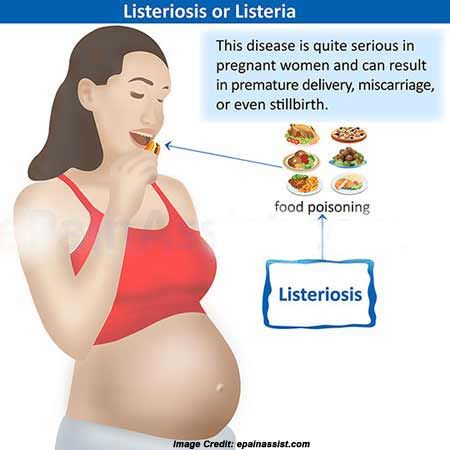
-
Coldwater splashes and warm compression may help make your eyes feel more comfortable and reduce irritation and discomfort. The use of contact lenses may cause added irritation and discomfort and may worsen the infections. Hence, if you are prone to infections, make sure to have minimal or no use of contact lenses.
It is advised to consult your doctor about any of these problems and only take medications on the doctor’s advice. Take the necessary care and precautions to maintain good eye health during pregnancy.
Why Choose Centre for Sight?
At Centre for Sight, you can expect effective treatment and diagnosis, no matter what your concerns are. As a leading chain across India, we are highly accessible and easy to locate in all major cities. Get in touch with us today!
Article: Should you be worried about your eyesight during pregnancy?
Author: CFS Editorial Team | May 19 2021 | UPDATED 03:00 IST
*The views expressed here are solely those of the author in his private capacity and do not in any way represent the views of Centre for Sight.
Pink Eye in Pregnancy: Safe Treatments and More
Pink Eye in Pregnancy: Safe Treatments and More- Health Conditions
- Featured
- Breast Cancer
- IBD
- Migraine
- Multiple Sclerosis (MS)
- Rheumatoid Arthritis
- Type 2 Diabetes
- Articles
- Acid Reflux
- ADHD
- Allergies
- Alzheimer's & Dementia
- Bipolar Disorder
- Cancer
- Crohn's Disease
- Chronic Pain
- Cold & Flu
- COPD
- Depression
- Fibromyalgia
- Heart Disease
- High Cholesterol
- HIV
- Hypertension
- IPF
- Osteoarthritis
- Psoriasis
- Skin Disorders and Care
- STDs
- Featured
- Discover
- Wellness Topics
- Nutrition
- Fitness
- Skin Care
- Sexual Health
- Women's Health
- Mental Well-Being
- Sleep
- Product Reviews
- Vitamins & Supplements
- Sleep
- Mental Health
- Nutrition
- At-Home Testing
- CBD
- Men’s Health
- Original Series
- Fresh Food Fast
- Diagnosis Diaries
- You’re Not Alone
- Present Tense
- Video Series
- Youth in Focus
- Healthy Harvest
- No More Silence
- Future of Health
- Wellness Topics
- Plan
- Health Challenges
- Mindful Eating
- Sugar Savvy
- Move Your Body
- Gut Health
- Mood Foods
- Align Your Spine
- Find Care
- Primary Care
- Mental Health
- OB-GYN
- Dermatologists
- Neurologists
- Cardiologists
- Orthopedists
- Lifestyle Quizzes
- Weight Management
- Am I Depressed? A Quiz for Teens
- Are You a Workaholic?
- How Well Do You Sleep?
- Tools & Resources
- Health News
- Find a Diet
- Find Healthy Snacks
- Drugs A-Z
- Health A-Z
- Health Challenges
- Connect
- Breast Cancer
- Inflammatory Bowel Disease
- Psoriatic Arthritis
- Migraine
- Multiple Sclerosis
- Psoriasis
Medically reviewed by Carissa Stephens, R. N., CCRN, CPN — By Sarah Bradley on September 28, 2021
N., CCRN, CPN — By Sarah Bradley on September 28, 2021
You thought your eye was just bloodshot from being tired (hello, pregnancy exhaustion), but now it’s also itchy, throbbing, and — ugh — crusty. That means you have pink eye, right?
Probs. Pink eye, aka conjunctivitis, is pretty common and thankfully, nearly always harmless. But since being pregnant can complicate even mild illnesses, you might be nervous about treating pink eye while expecting.
The good news is pink eye is super treatable during pregnancy and doesn’t pose much of a threat to you or your baby. The bad news is the same as it is for everyone else: Your eye is going to look and feel like a hot mess for a few days.
Here’s how to know if you have pink eye, plus how you can treat and prevent it during pregnancy.
Pink eye is an inflammation of the conjunctiva, a membrane that covers the white part of your eye and the inside of your eyelid. The inflammation is often caused by a viral or bacterial infection, but not always: Sometimes, the inflammation happens because of allergies, abrasions or injuries, or irritants.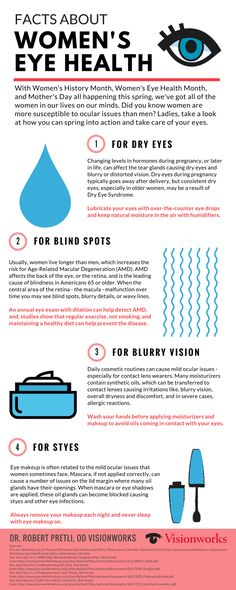
The common symptoms of pink eye include:
- pink or red coloration of the whites of the eye — hence the name
- gritty or rough feeling in the eye, like something is stuck there
- itching and irritation in the eye or on the eyelid
- pain and swelling
- discharge, either clear and watery, or goopy and yellow
- crusty buildup along the edge of the eyelid
- sensitivity to light
You may have several of these symptoms or only one or two, and they can range from mild to moderate to severe. It takes anywhere from a couple of days to 2 weeks for pink eye to go away, depending on what type you have.
There’s nothing unique about pregnancy that causes pink eye to occur. The causes are the same as they are for nonpregnant people. But you are more susceptible to illness during pregnancy. So, you might find yourself with an unfortunate case of flaming red eye more often than you’re used to.
Here are the typical reasons why conjunctivitis happens:
Viral illness
The common cold, influenza, and even COVID-19 can cause conjunctivitis as the virus runs its course.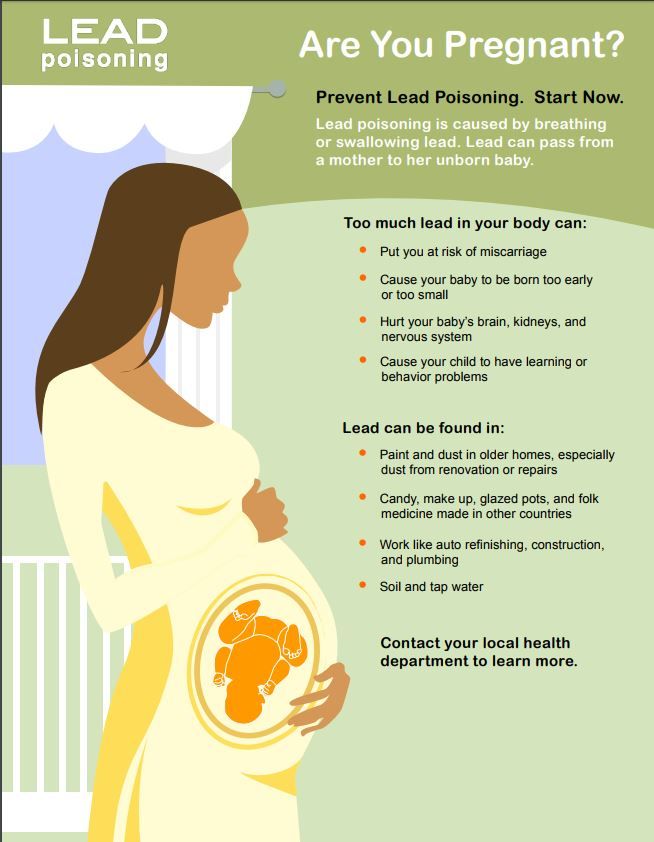 Since viruses trigger an inflammatory response in your body, it’s not surprising that many common viruses can cause inflammation in your eyes. You may notice pink eye symptoms before, during, or right after a viral infection.
Since viruses trigger an inflammatory response in your body, it’s not surprising that many common viruses can cause inflammation in your eyes. You may notice pink eye symptoms before, during, or right after a viral infection.
Bacterial infection
Sometimes, pink eye is caused by bacteria rather than a viral infection. This happens commonly in people who wear contact lenses improperly. But it can also be caused by touching your eyes after touching fecal matter, infected respiratory mucus, or even the bacteria that causes some sexually transmitted infections, like gonorrhea and chlamydia.
Allergies
Seasonal allergies as well as allergies to dust, mold, and pet dander can cause temporary eye inflammation that looks and feels a lot like other types of pink eye. Typically, allergic pink eye symptoms are less severe, causing watery discharge, redness, grittiness, and itching — but not crusting or oozing.
Environmental irritants
We’ve all been there: One minute you’re sitting peacefully on the beach, and the next minute a gust of wind picks up and blows sand right into your eye. Your eyes are pretty good at defending themselves, but sometimes small debris gets in. A foreign body in your eye can cause an allergic reaction or an eye injury, both of which can lead to conjunctivitis.
Your eyes are pretty good at defending themselves, but sometimes small debris gets in. A foreign body in your eye can cause an allergic reaction or an eye injury, both of which can lead to conjunctivitis.
Abrasions and injuries
Whether you scratched your cornea from rubbing excessively at your eye or found yourself on the receiving end of a stray elbow to the face, abrasions and injuries can cause inflammation, redness, and tearing. They can also leave a window of opportunity for debris or bacteria to sneak in and irritate or infect your eye.
Unless you know for sure that your pink eye is just from environmental allergies, schedule a visit to your doctor. For one thing, it’s pretty hard for people to tell the difference between viral and bacterial conjunctivitis. And if your inflammation is due to an injury, scratch, or foreign body in your eye, you’ll want to have that evaluated and treated to prevent long-term damage.
You don’t need to head to your OB-GYN’s office, necessarily.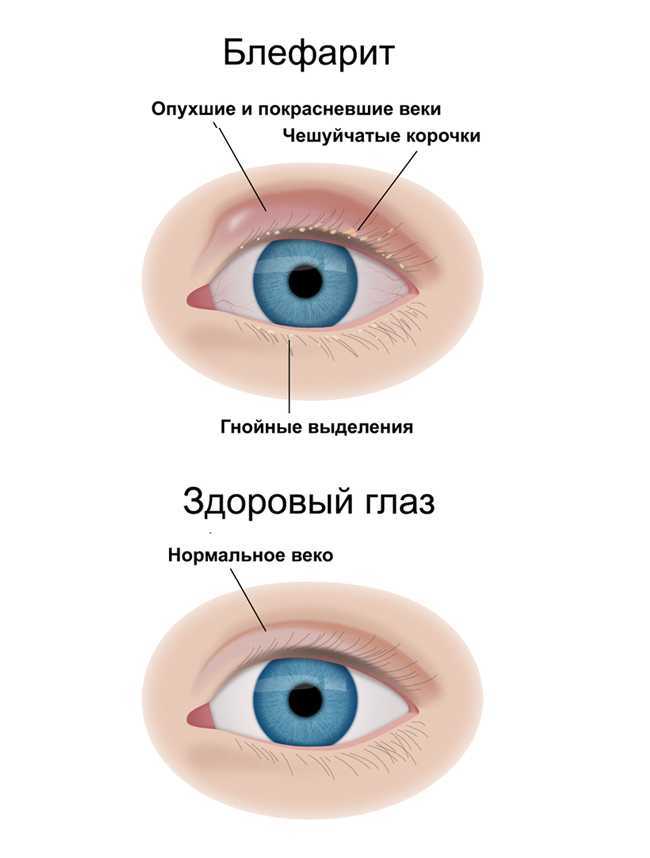 You can go to your regular primary care professional or even an eye doctor, if you have one.
You can go to your regular primary care professional or even an eye doctor, if you have one.
Just make sure you tell them you’re pregnant so they can treat you safely. If they prescribe a medication or recommend an over-the-counter (OTC) product for your pink eye, it’s a good idea to call your OB-GYN and make sure it’s OK to use during pregnancy.
You can’t treat viral pink eye with allergy eye drops or just wait out a bacterial infection. You have to match your specific type of pink eye with the appropriate treatment. There are also at-home remedies that can ease some of your discomfort, whatever type of conjunctivitis you have. Here are some options.
Medicated eye drops
If you have bacterial conjunctivitis, then you’ll need antibiotic eye drops to get rid of the infection. These drops usually make you feel better pretty quickly — within just a few days — but it might take a week or so to get fully back to your normal.
The majority of antibiotic eye drops are safe for you and your baby, but make sure your prescribing doctor knows you’re pregnant — and when in doubt, run the prescription by your OB-GYN.
Some common types of antibiotic eye drops for pink eye include tobramycin, erythromycin, and ofloxacin. Per a 2015 study, these antibiotic drops are usually considered safe during pregnancy.
If your pink eye is caused by a virus, antibiotic eye drops won’t help. But some of the other treatments below might, so check them out.
If your pink eye is thanks to allergies, you may be able to use an antihistamine eye drop like ketotifen (Zaditor, Alaway) on a limited basis. But these types of allergy eye drops are Food and Drug Administration (FDA) pregnancy category C drugs — according to an older category system that many people still use — so you would need to talk with your doctor first.
Artificial tears
Artificial tears are a great way to soothe inflamed and irritated eyes: They aren’t medicated, can usually be used with contacts, and can be applied as often as needed to combat dry, itchy, or irritated eyes.
If you have a nonbacterial type of conjunctivitis and need relief while you recover, ask your doctor about using artificial tears to soothe some of your symptoms.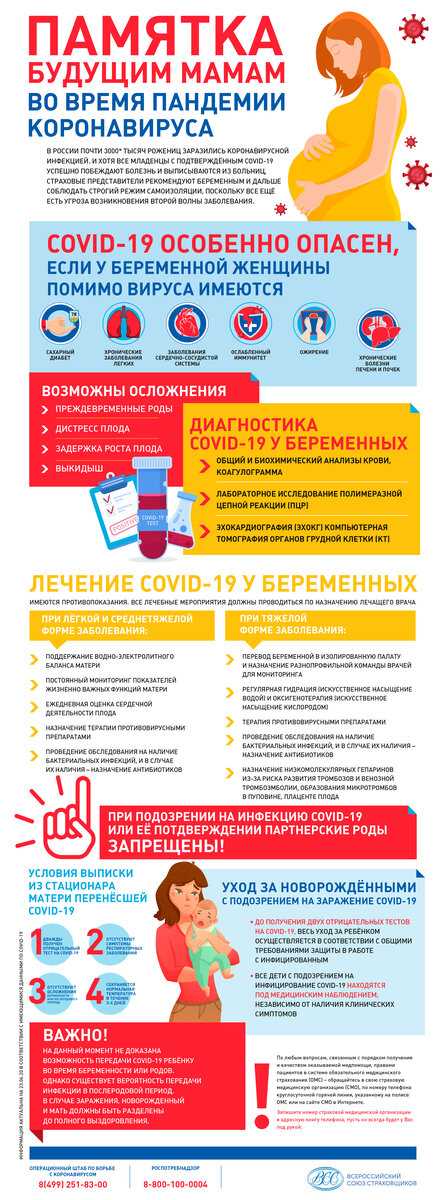 Since they’re just moisturizing drops, they’re safe to use during pregnancy.
Since they’re just moisturizing drops, they’re safe to use during pregnancy.
OTC medications
If you’re in a lot of pain from your case of conjunctivitis, you can take Tylenol to make yourself more comfortable — note that ibuprofen isn’t generally recommended in pregnancy.
An oral antihistamine may also help relieve allergy-induced pink eye. Claritin and Zyrtec are typically considered safe to use during pregnancy.
Home remedies
These remedies won’t cure your pink eye, but they can relieve some of your symptoms and may speed up your recovery time if your pink eye isn’t bacterial but viral or irritant-induced.
- Warm or cool compress. No matter your preferred temperature, a wet compress that’s either cool or warm can relieve some of your discomfort.
- Gentle cleansing. Lightly soaked cotton pads or balls can remove any crusty buildup or discharge that’s irritating your eyes or making your symptoms worse.
- Skip the contacts.
 If you normally wear contacts, switch to your glasses until your inflammation has fully cleared.
If you normally wear contacts, switch to your glasses until your inflammation has fully cleared. - Green tea bag soaks. It’s a little unconventional, but applying wet bags of green tea to your eyes can reduce inflammation, too, thanks to the antioxidants found in the tea. Steep the bags in hot water for 20 minutes, then chill them in the fridge — just make sure to discard them when you’re done.
These remedies are safe for pregnancy, but remember, they’re not going to eliminate your conjunctivitis. They can, however, make it easier to wait out the inflammation. Nonbacterial types of pink eye usually self-resolve with minimal treatment within 7 to 14 days.
It depends on what type of pink eye you have. Viral and bacterial pink eye are super contagious, and can easily be spread by touching the infected eye and then touching other people or surfaces. It can also be spread by sharing commonly used objects, like pillows and blankets, and by coughing and sneezing.
All other types of pink eye are not contagious, though. So if your pink eye has been caused by allergies, irritants, or injuries of some kind, you don’t have to worry about spreading it to anyone else. And you can’t spread it to your babe in the womb.
The single best way to prevent pink eye is by maintaining good hand hygiene. Avoiding touching your face — especially your eyes — until after you’ve washed your hands with soap and water will go a long way toward reducing the amount of dirt and germs you can transfer to your eyes, possibly leading to infection.
If you’re pregnant, you may also want to take a few additional steps to avoid pink eye. Remember, you’re more susceptible to infection, and besides, who needs pink eye when you’ve already got morning sickness and Braxton-Hicks contractions?
You can avoid sharing things like towels and bedding with other people, avoid environmental irritants that trigger your allergies, take extra care with your contact lenses if you wear them, and steer clear of people who are sick.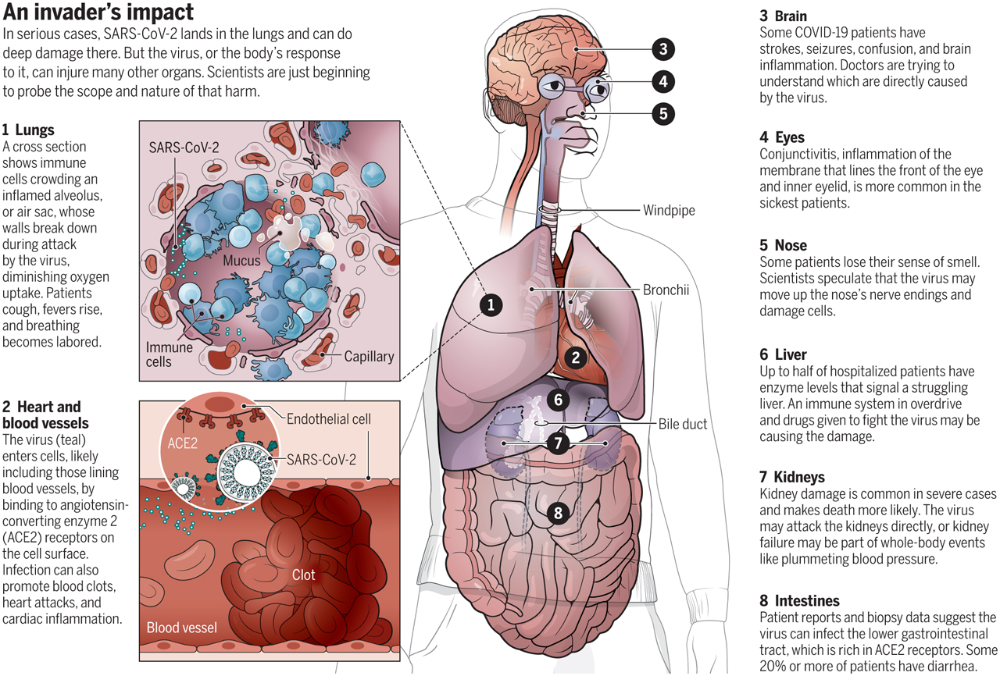
Pink eye during pregnancy is a huge annoyance, but it’s not dangerous to you or your baby.
That said, talk with your doctor or eye doctor for pink eye unless you know for sure it’s caused by allergies. Make sure to let them know you’re pregnant so they can recommend safe treatment options.
In the meantime, keep in mind that viral and bacterial pink eye are extremely contagious, so if you’ve got people you could spread it to, wash your hands — like, a lot!
Last medically reviewed on September 28, 2021
- Parenthood
- Pregnancy
- Pregnancy Complications
How we reviewed this article:
Healthline has strict sourcing guidelines and relies on peer-reviewed studies, academic research institutions, and medical associations. We avoid using tertiary references. You can learn more about how we ensure our content is accurate and current by reading our editorial policy.
- Gudgel DT, et al.
(2021). Get rid of pink eye fast with these home remedies.
aao.org/eye-health/diseases/pink-eye-quick-home-remedies - Ketotifen fumarate: Drug summary. (n.d.).
pdr.net/drug-summary/Alaway-ketotifen-fumarate-66 - Yenerel NM, et al. (2015). Pregnancy and the eye.
ncbi.nlm.nih.gov/pmc/articles/PMC5082244/
Our experts continually monitor the health and wellness space, and we update our articles when new information becomes available.
Current Version
Sep 28, 2021
Written By
Sarah Bradley
Edited By
Jessica Jondle
Medically Reviewed By
Carissa Stephens, RN, CCRN, CPN
Copy Edited By
Anne Arntson
Share this article
Medically reviewed by Carissa Stephens, R.N., CCRN, CPN — By Sarah Bradley on September 28, 2021
related stories
Blurry Vision During Pregnancy: Is It Normal?
What Causes Dry Eyes During Pregnancy, and How Can You Get Relief?
What Causes Eye Twitching During Pregnancy, and What Can You Do?
Weird Early Pregnancy Symptoms No One Tells You About
What Bodily Changes Can You Expect During Pregnancy?
Read this next
Blurry Vision During Pregnancy: Is It Normal?
Medically reviewed by Valinda Riggins Nwadike, MD, MPH
Blurry vision during pregnancy is more common than you think.
 Most of the time you don't need to worry. Here's what to expect and what to watch for.
Most of the time you don't need to worry. Here's what to expect and what to watch for.READ MORE
What Causes Dry Eyes During Pregnancy, and How Can You Get Relief?
Medically reviewed by Valinda Riggins Nwadike, MD, MPH
If you have dry eyes in pregnancy, you're not alone. This common problem usually resolves on its own after delivery.
READ MORE
What Causes Eye Twitching During Pregnancy, and What Can You Do?
Medically reviewed by Carolyn Kay, M.D.
Eye twitching in pregnancy isn’t usually a serious problem, and its causes — like stress and tiredness — can be especially common when you're…
READ MORE
Weird Early Pregnancy Symptoms No One Tells You About
Medically reviewed by Debra Rose Wilson, Ph.D., MSN, R.N., IBCLC, AHN-BC, CHT
You might be surprised by certain symptoms that the first trimester of pregnancy can bring.
Get the facts on 10 unusual symptoms, such as tasting…
READ MORE
What Bodily Changes Can You Expect During Pregnancy?
Medically reviewed by Debra Rose Wilson, Ph.D., MSN, R.N., IBCLC, AHN-BC, CHT
The hormonal and physiologic changes during pregnancy are unique in the life of women. Discover what they are here.
READ MORE
What Are the Symptoms of Hyperovulation?
Hyperovulation has few symptoms, if any. It's typically diagnosed after an individual develops multiple pregnancies at once.
READ MORE
Pregnancy Friendly Recipe: Creamy White Chicken Chili with Greek Yogurt
This pregnancy-friendly spin on traditional chili is packed with the nutrients your body needs when you're expecting.
READ MORE
What You Should Know About Consuming Turmeric During Pregnancy
Consuming turmeric in pregnancy is a debated subject.
We'll tell you if it's safe.
READ MORE
Pregnancy-Friendly Recipe: Herby Gruyère Frittata with Asparagus and Sweet Potatoes
Medically reviewed by Kathy W. Warwick, R.D., CDE
So easy and delicious. This frittata is high in protein and rich in essential nutrients your body needs to support a growing baby. Bonus: You can…
READ MORE
The Best Stretch Mark Creams and Belly Oils for Pregnancy in 2023
Stretch marks are easier to prevent than erase. If you're seeking a preventive, we've gathered a few of the best stretch mark creams for pregnancy.
READ MORE
Eye health during pregnancy
Pregnancy is a special period in a woman's life. Organs adapt to new conditions and function differently. The eyes are no exception. In the past, cesarean sections were often prescribed by eye doctors due to poor eyesight and eye diseases, but it has been scientifically proven that only in rare cases are women unable to give birth themselves due to eye diseases.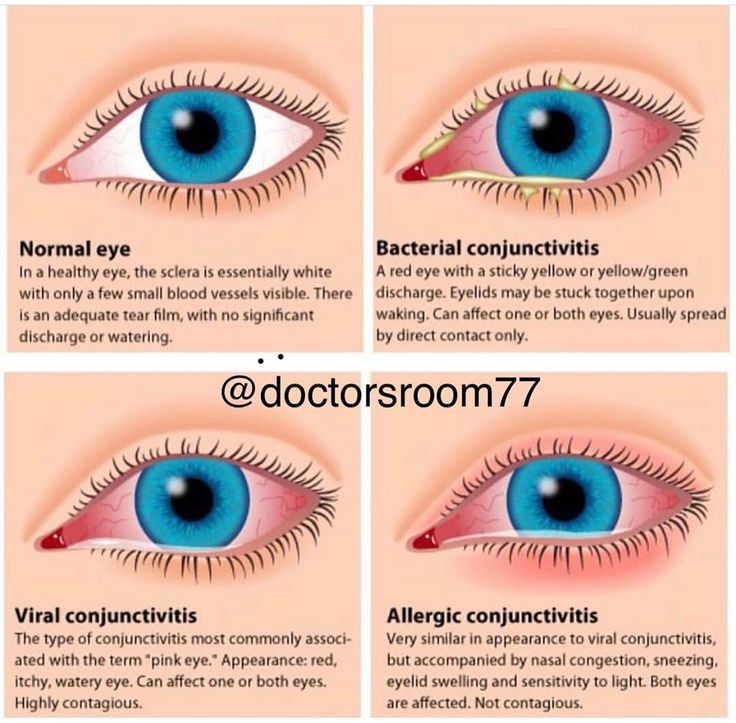
Nowadays, there are no strict guidelines for examining the condition of the eyes during pregnancy. However, all pregnant women should visit an ophthalmologist, especially if there are visual impairments, such as myopia, and also if there have been injuries, diseases or eye surgeries.
One of the most common reasons why a caesarean section was previously prescribed due to vision problems is retinal disease. During childbirth, when the baby comes out, there is a strong muscle tension, which causes pressure in the eyes. A lot of force and pressure on the retina can affect its condition and create more severe damage if there was any previous retinal disease.
Therefore, regardless of whether a woman wears glasses every day or does without them, it would be advisable for every pregnant woman to check the condition of the retina before childbirth. Since the eye and vision test does not pose a risk to the expectant mother or baby, it can be done as early as the first trimester of pregnancy. If the eye doctor sees changes in the retina during the visit, the pregnant woman still has enough time before the birth to prevent them in time, and most likely the birth can be natural. The high-risk group also includes women with a high degree of myopia, which is characterized by various degenerative processes in the retina and vascular tract; pregnant women with diabetes mellitus, autoimmune diseases, high blood pressure, toxicosis.
If the eye doctor sees changes in the retina during the visit, the pregnant woman still has enough time before the birth to prevent them in time, and most likely the birth can be natural. The high-risk group also includes women with a high degree of myopia, which is characterized by various degenerative processes in the retina and vascular tract; pregnant women with diabetes mellitus, autoimmune diseases, high blood pressure, toxicosis.
If the eye doctor detects damage to the retina during the visit, the patient can undergo laser photocoagulation of the retina, which limits the location of the lesion, the retinal tissue is fixed.
It is also advisable to check the eyes after childbirth to assess whether retinal tears have formed during childbirth. If changes in the retina have already formed before childbirth, it is recommended to visit an eye doctor as soon as possible to make sure that damage to the retina does not progress and immediate treatment is not required.
What is the retina?
The retina is the inner lining of the eyeball. It consists of neurons that perceive light stimulation, which allows us to see. If the retina is torn, it can begin to flake off, resulting in impaired or even loss of vision.
It consists of neurons that perceive light stimulation, which allows us to see. If the retina is torn, it can begin to flake off, resulting in impaired or even loss of vision.
If a retinal tear is diagnosed in time, it can be limited with a laser, thus preventing retinal detachment. Sudden flashes of light, flies, or spots in the field of vision may indicate a retinal tear. If detachment has already occurred, the laser can no longer be used - surgery is required. Therefore, it is especially important to detect a retinal tear as soon as possible. Retinal detachment occurs in one in 10,000 people. This is a serious eye disease that occurs at any age, and it is extremely rare in young mothers. Part of the detached retina cannot function normally, so vision quickly deteriorates, a feeling of a “black veil”. If the retina is detached, surgical treatment is required.
Can vision change during pregnancy?
During pregnancy, visual acuity may change slightly due to hormonal changes. After childbirth, these complaints usually go away.
After childbirth, these complaints usually go away.
A problem that a woman may encounter during pregnancy is severe dry eye syndrome , which also occurs as a result of hormonal changes. During pregnancy, the composition of tears changes, so it is usually recommended to use a quality solution of artificial tears.
Prices Contacts Print
possible changes, diseases, their influence and treatment
Pregnancy is a special condition for a woman, which leads to many changes in her body. The eyes are also often subject to various changes, temporary dysfunction caused by the processes occurring during this period. Their diseases, in turn, can affect the course of pregnancy and the course of childbirth. It is important to be aware of this mutual influence and take the necessary measures in time.
Eye changes during pregnancy
During pregnancy, the eyes, their condition and functionality may undergo the following changes:
- Edema of the eyelids.
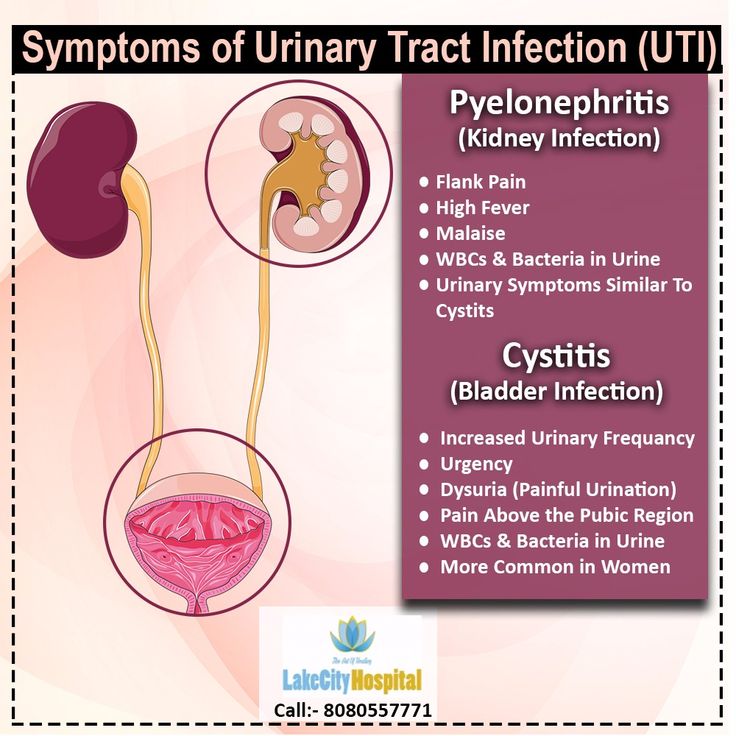 Usually occurs in the morning and is related to the diet. You should increase the intake of liquids (preferably pure non-carbonated drinking water or green tea) and reduce - salty foods.
Usually occurs in the morning and is related to the diet. You should increase the intake of liquids (preferably pure non-carbonated drinking water or green tea) and reduce - salty foods. - Dry eyes. Often accompanied by sensation of a foreign body in the eye, photophobia (increased sensitivity to light). It is caused by a change in the hormonal background and a decrease in the secretion of the lacrimal gland. It disappears after childbirth without additional treatment.
- Flashing "dots", "spots". If this becomes a permanent phenomenon, then the problem lies in vascular disorders, in spasm of the fundus vessels. Requires immediate referral to an ophthalmologist.
- Concentric taper. It consists in the fact that a woman ceases to distinguish colors on the periphery of her eyes. This is especially pronounced in the long term of pregnancy. This condition quite often accompanies the course of a normal pregnancy and disappears after childbirth.

- Spasm of the accommodative muscle. Symptoms: reduced distance visual acuity and some blurring, eye fatigue. It may just be a temporary change that will stop after childbirth, but it can also be a harbinger of myopia. When such changes appear, it is recommended to immediately contact an ophthalmologist to exclude possible complications.
- Discomfort when wearing lenses. Occurs as a result of increased sensitivity of the cornea. It is especially pronounced in the last trimester, disappears after childbirth. If the discomfort becomes unbearable, it is recommended to abandon the lenses and replace them with regular glasses.
Various changes are often associated with changes in intraocular pressure - it decreases, especially over long periods. The vessels narrow, which leads to all sorts of uncomfortable sensations, a temporary deterioration in the function of vision. Most of them do not require special treatment and disappear without a trace after the end of pregnancy. However, pathological changes are also possible, the result of which may be retinal detachment, partial or complete loss of vision. Therefore, it is recommended to be checked by an ophthalmologist at the beginning, middle and end of pregnancy. With the appearance of any discomfort, unusual phenomena, etc. you should visit a specialist more often, register if necessary.
However, pathological changes are also possible, the result of which may be retinal detachment, partial or complete loss of vision. Therefore, it is recommended to be checked by an ophthalmologist at the beginning, middle and end of pregnancy. With the appearance of any discomfort, unusual phenomena, etc. you should visit a specialist more often, register if necessary.
Impact on existing diseases
Pregnancy can significantly complicate existing eye diseases. The risk group includes women with pathologies associated with lesions of the lens, retina, optic nerve, cornea and vascular tract. In order to avoid loss of vision, it is necessary not only to see an ophthalmologist regularly, but also to take appropriate measures during childbirth. This can be a gentle delivery - the imposition of obstetric forceps to reduce the period of attempts, in severe cases, a caesarean section is performed.
The most dangerous are optic neuritis and retinitis. Ordinary childbirth with such pathologies is contraindicated. A caesarean section is performed, and in especially dangerous cases, pregnancy is recommended. With these diseases, constant monitoring by a specialist is necessary, whose testimony will become a decisive factor.
A caesarean section is performed, and in especially dangerous cases, pregnancy is recommended. With these diseases, constant monitoring by a specialist is necessary, whose testimony will become a decisive factor.
Impact of eye diseases
In general, eye diseases do not significantly affect the course of pregnancy. However, two factors play an important role in their presence:
- Taking medications. Must be very careful - specialist advice required. A number of drugs may contain substances that are contraindicated during pregnancy, so the intake should be temporarily stopped or replaced with other drugs.
- Course of childbirth. If there is a risk of retinal detachment or other adverse changes due to pregnancy clearance, caesarean section is indicated. In a number of diseases, experts advise termination of pregnancy in order to avoid complete loss of vision. You need constant monitoring by an ophthalmologist, strict adherence to all medical recommendations.

Myopia and hyperopia, a slight decrease in visual acuity are not potentially dangerous, but they definitely require an ophthalmologist's consultation. You may need additional medication, vitamin therapy, surgery to correct vision.
Eye infections during pregnancy
Infectious eye diseases during pregnancy are potentially dangerous in that they can be transmitted to the fetus and cause pathological changes in the developing organs of vision. This includes a very common conjunctivitis, keratitis, purulent infection, scleritis, etc. Depending on the specific disease, the symptoms also differ. The most frequent manifestations:
- Eyelid swelling
- Painful swelling around the eyes
- Tearfulness
- Purulent discharge
- Redness of the eyes and around them
- Pain in the temporal region
- Sudden increase in body temperature
Any of these manifestations requires immediate treatment to a specialist.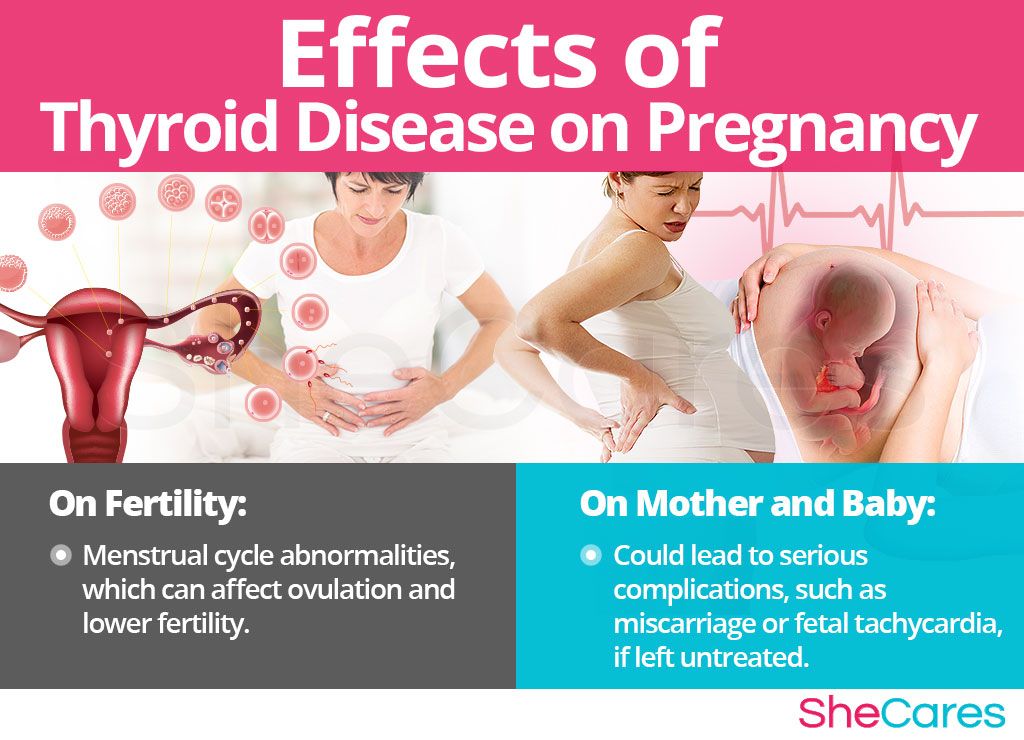 Delaying treatment is dangerous because infectious diseases are characterized by rapid progression and can cover the entire body. Self-medication is also contraindicated, since it is very difficult to determine on your own what kind of disease is taking place, how much it progresses, what effect it can have on the body of the mother and child.
Delaying treatment is dangerous because infectious diseases are characterized by rapid progression and can cover the entire body. Self-medication is also contraindicated, since it is very difficult to determine on your own what kind of disease is taking place, how much it progresses, what effect it can have on the body of the mother and child.
To make an accurate diagnosis, you need to contact an ophthalmologist, a blood test. It is important to make sure that the disease does not have time to be transmitted to the baby. Otherwise, immediate treatment is necessary - untimely elimination can lead to loss of vision in a child, various eye pathologies. In order to avoid the occurrence of infectious diseases, it is necessary:
- Treat general body infections in time
- Touch your eyes with your hands as little as possible
- Observe all rules of personal hygiene
- Take good care of contact lenses and spectacles
- Change cosmetics more often and be attentive to her choice
- Change bedding regularly
- Do not come into contact with carriers of infection
Compliance with these simple rules will help to avoid the occurrence of infectious diseases and their possible complications.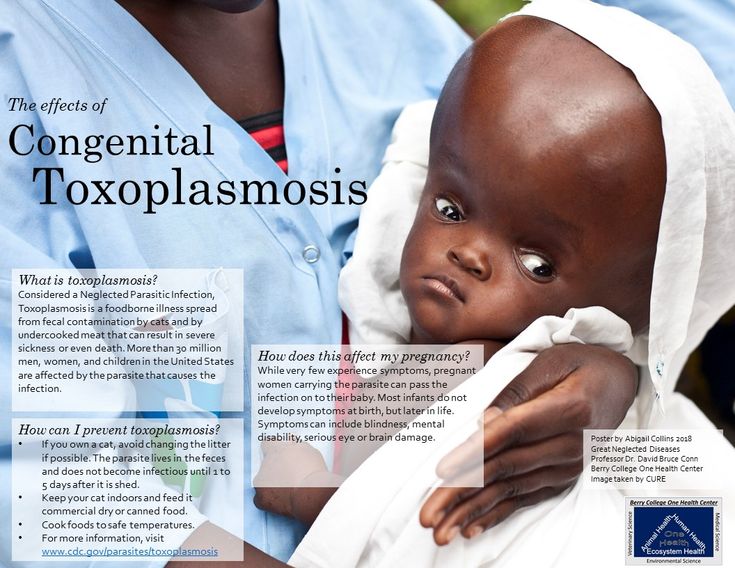
Preparations
At the beginning of the second month of pregnancy, the fetus begins to receive all the substances that enter the mother's body, including medications. Therefore, it is very important to carefully consider the choice of eye drugs. Here are some guidelines for selection and admission:
- Tell your doctor if you are already taking any medications. After analyzing the composition of the drug, the specialist will say whether it is possible to continue using it.
- Read the instructions. If you need an urgent medication and there is no way to get a doctor's advice, carefully read the indications and contraindications. Each medication must have an indication of whether it is permissible to take it for pregnant and lactating women. You can first consult with the sellers in the pharmacy.
- Contact a specialist for all questions. If eye drops, vitamins and other drugs cause even the slightest concern, wait before taking them and contact your doctor.
